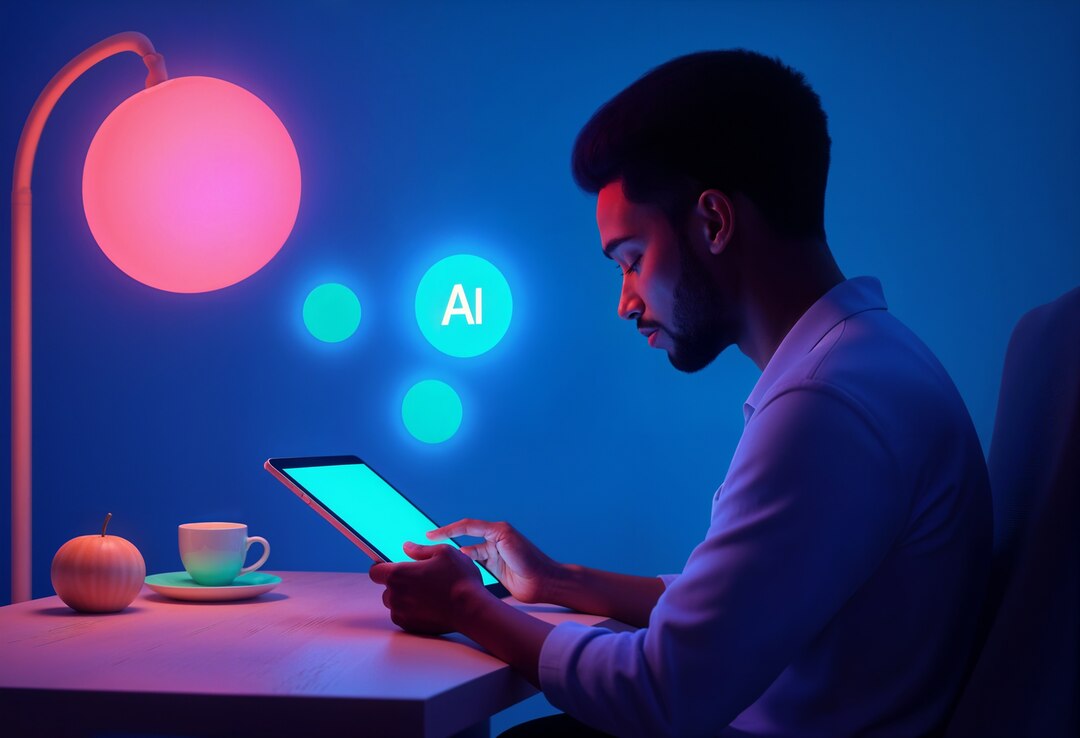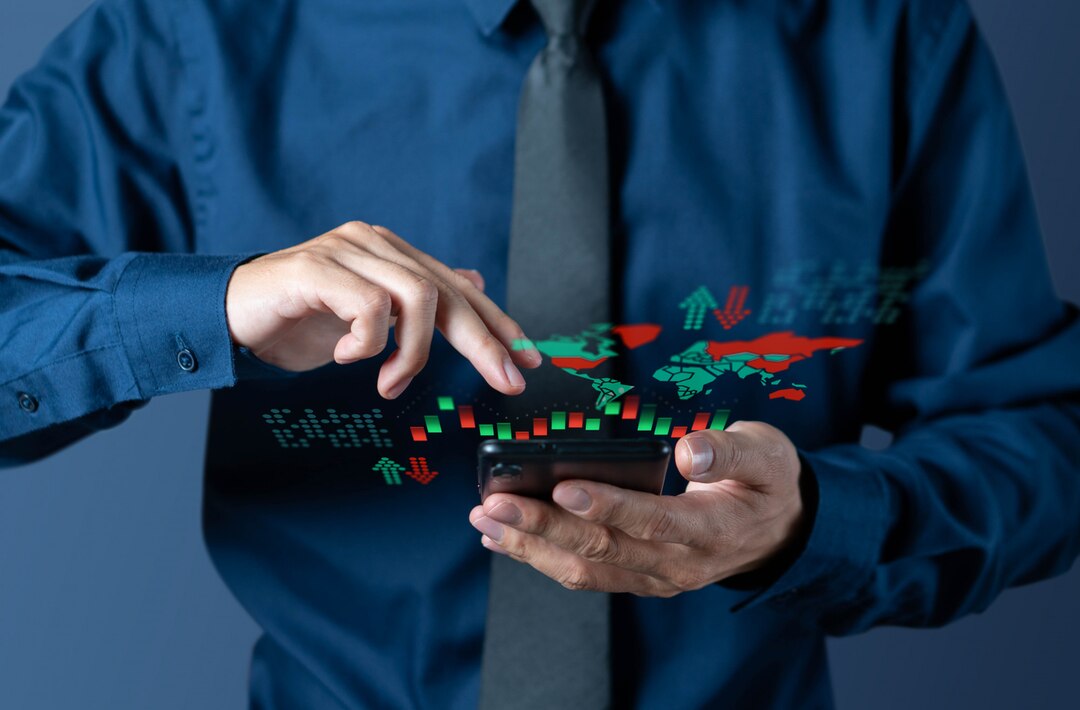AI in content creation is altering how brands interact with their consumers, expedite production, and remain on top of trends. Whether it’s creating blog drafts, designing images, or making films on a large scale, AI is no longer just a support tool; it’s becoming the creative collaborator marketers didn’t realise they needed.
1. Efficiency in Storytelling: Speed meets Creativity
Historically, content development was labour-intensive. Brands required teams of writers, editors, videographers, and graphic designers to create a single campaign. With AI, this process has become faster, smarter, and more cost-effective.
AI systems can now generate drafts, make writing suggestions, and even optimise text for SEO. What used to take days or weeks can now be completed in hours while maintaining quality.
This kind of efficiency enables brands to maintain a consistent online presence, adapt to trends in real time, and engage their fans without exhausting creative teams.
2. Personalisation at Scale
Consumers increasingly prefer material that speaks directly to them. AI enables marketers to generate hyper-personalized marketing for distinct segments of their audience.
By analysing user behaviour, preferences, and browsing history, AI may recommend the type of content that a certain audience segment is most likely to enjoy. Brands can then tailor their language, images, and video formats to meet these tastes.
This level of customisation improves the user experience and fosters stronger emotional ties with consumers, ultimately driving brand loyalty.
3. AI-Powered Video Content Is Leading the Charge
Video is the most engaging content format on any digital platform. AI has made it easier than ever to create, edit, and broadcast high-quality video content without requiring costly equipment or substantial training.
For example, marketers now use smart video solutions to automate editing, add subtitles, alter lighting, and even generate background music. An AI video editor accomplishes this by learning from prior projects, identifying visual trends, and offering improvements that increase engagement.
This not only saves time, but it also democratises video content, allowing even tiny firms to compete with industry leaders on social media and video channels.
4. Content Generation using AI: Beyond Text and Graphics
The capabilities of AI in content creation go beyond writing and visual design. AI can now produce human-like voices, 3D avatars, and even animate figures using simple scripts or cues.
This enables brands to create interactive and immersive explainer videos, customer support animations, and marketing campaigns without the need to hire actors or animators.
Furthermore, AI assists in repurposing existing material. A single blog post can be transformed into a podcast, social media snippets, and a short-form video—all automatically. This type of cross-platform content repurposing increases reach while maintaining brand integrity.
5. Scaling Video Production Using the Best AI Tools
Brands that rely significantly on video marketing must be scalable. Producing one or two videos every month may have sufficed in the past, but today’s content-hungry platforms expect more.
That’s where the best AI video generator app comes into play. These tools enable marketers to make professional-quality movies from scripts or images, as well as localise them for specific languages and demographics.
Instead of engaging entire production teams, marketers can now create dozens of different versions of the same video, each targeted to a unique audience or platform. This greatly cuts costs and shortens production cycles, while keeping information current and relevant.
6. SEO Optimisation and Trend Prediction
AI does more than only help with content production; it also ensures that your content performs successfully. Modern artificial intelligence systems use keyword trends, search engine behaviour, and competitor performance to offer the ideal formats and topics for your company.
By using predictive analytics, AI assists marketers in predicting how content will perform in the future. This helps brands to anticipate trends rather than react to them.
For example, AI can detect a growing trend in sustainability concerns within your sector and recommend content themes that are relevant to it, providing you a competitive advantage.
7. User-Generated Content and AI
User-generated content (UGC) is still one of the most authentic methods of brand promotion. AI is now assisting brands in better leveraging the power of user-generated content (UGC) by analysing consumer reviews, social media postings, and testimonials to find prospective content opportunities.
Some sites even utilise artificial intelligence to automatically aggregate user-generated content into marketing movies, social proof reels, and product presentations. This not only improves trust, but also increases community engagement.
With AI analysing and curating user-generated content, marketers can instantly find advocates and amplify their voices in real-time campaigns.
8. Reducing Creative Fatigue and Burnout
One of the lesser-known but significant benefits of AI in content development is its ability to reduce burnout. Creative people frequently confront tight deadlines, high expectations, and an ongoing need for new ideas.
By automating repetitive and time-consuming processes such as video clip cutting, caption generation, and social media post formatting, AI enables artists to focus on their strengths: storytelling, ideation, and invention.
This collaboration between human ingenuity and machine efficiency will shape the future of brand content.
9. Ethical Considerations for AI-generated Content
As we accept AI’s powers, ethical concerns must be considered seriously. Deepfakes, misinformation, and AI-generated content that mimics actual individuals without their consent are causing alarm around the world.
Brands must develop responsible AI procedures that provide transparency in the production and sharing of AI-generated content. Disclaimers, fair usage rights, and audience trust should be prioritised alongside engagement indicators.
When applied properly, AI can improve brand messaging while preserving integrity and consumer confidence.
10. What Happens Next for Brands in the AI Era?
Looking ahead, we’re only scraping the surface of AI’s potential for content production. With the merging of augmented reality (AR), virtual reality (VR), and real-time analytics, the next phase of brand marketing will be immersive, intelligent, and extremely engaging.
Brands that adjust quickly will have an advantage in agility and creativity. They’ll be able to explore, fail quickly, and succeed faster because AI enables rapid iteration and feedback-driven progress.
Whether you’re a start-up or a multinational corporation, including AI into your content strategy is no longer optional. It’s the new competitive advantage.
Read also: Key Features of Domestic Asset Protection Trusts
Final Thoughts
AI is not here to replace creativity, but to improve it. Artificial intelligence is changing the way we tell stories and engage with audiences, from an easy-to-use ai video editor that speeds up post-production to the finest ai video generator software for scaling branded content across channels.
The brands of the future will be those who understand how to mix human insight with AI-powered efficiency. Those who strike this balance will not only catch attention, but also gain loyalty in an increasingly saturated digital world.


